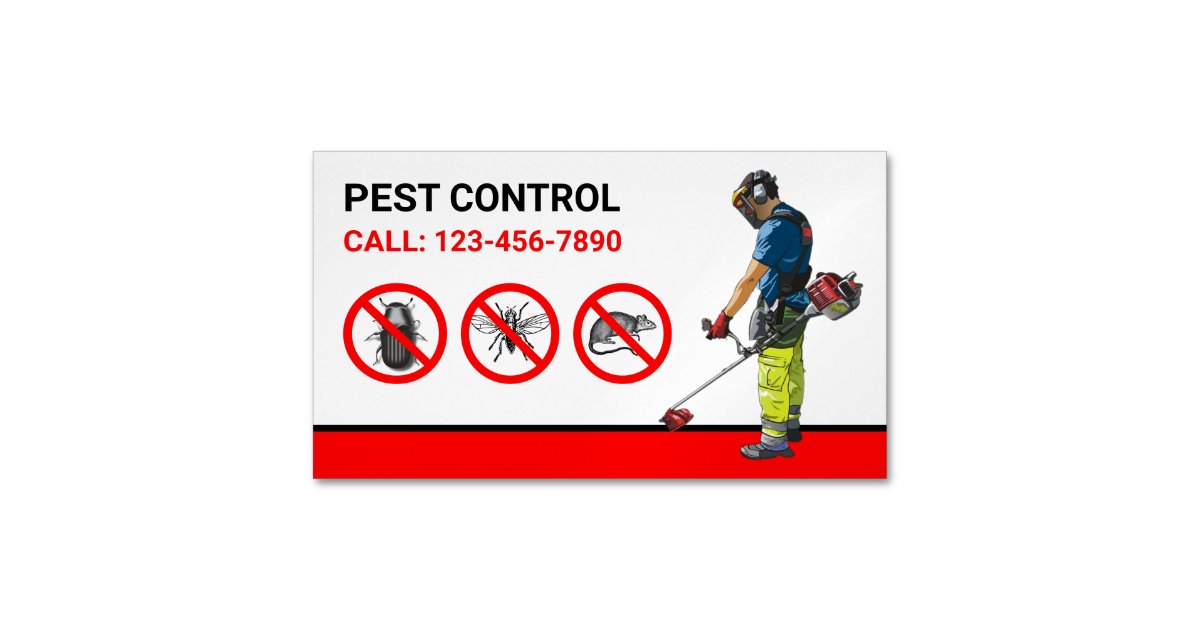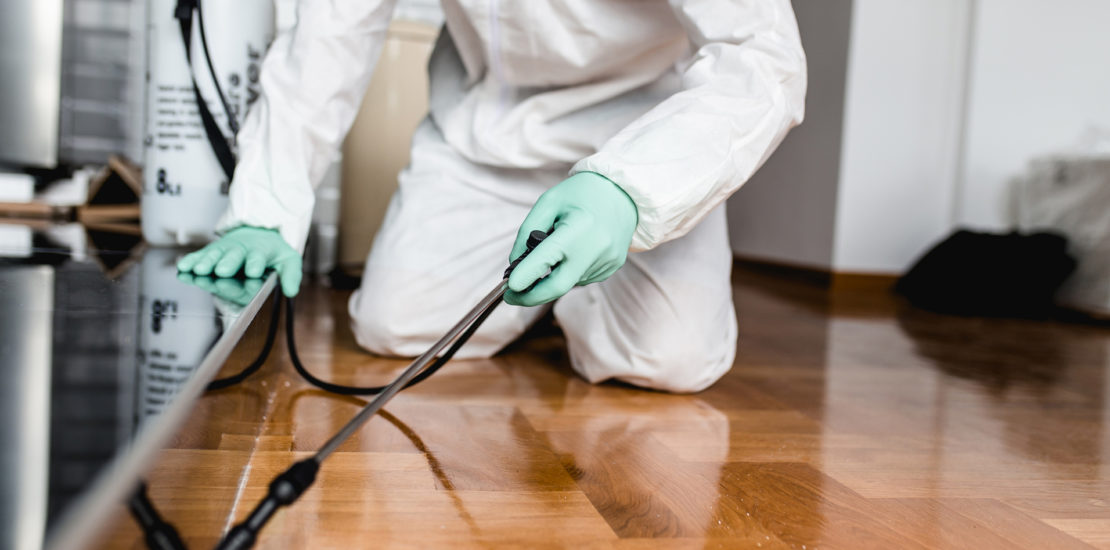Pest Control Clovis Done Right: Specialist and Reliable
Pest Control Clovis Done Right: Specialist and Reliable
Blog Article
Understanding the Different Approaches to Bug Control: A Comprehensive Guide

Natural Insect Control Techniques
Employing environment-friendly methods such as buddy planting and organic bug control is important for efficiently managing parasites in farming settings. Friend growing involves expanding various plants in proximity to deter parasites, improve nutrient uptake, and improve total crop health.
Organic parasite control includes presenting natural killers or microorganisms to control pest populaces. Ladybugs, as an example, feed upon aphids, managing their numbers without the need for chemical pesticides. An additional example is making use of Bacillus thuringiensis (Bt), a germs that targets specific insect bugs while being harmless to people, animals, and advantageous pests.
These environment-friendly methods not just reduce the reliance on artificial pesticides but also aid preserve biodiversity and dirt health. By integrating all-natural insect control approaches into agricultural methods, farmers can accomplish lasting insect monitoring while reducing unfavorable impacts on the atmosphere.

Chemical Insect Control Solutions
In enhancement to all-natural pest control techniques, the use of chemical parasite control services plays a significant function in successfully taking care of pest populations in agricultural environments. Chemical bug control options are created to target specific insects that might create considerable damages to plants. These solutions frequently consist of artificial chemicals that are created to get rid of pests quickly and efficiently.
Among the crucial benefits of chemical bug control remedies is their performance in controlling insect invasions on a huge scale. Farmers can use these services using different techniques such as spraying, fumigation, or seed treatment to protect their plants from hazardous insects, weeds, and conditions. In addition, chemical parasite control options are reasonably simple to apply and can offer rapid outcomes, aiding farmers secure their yields and minimize financial losses.
Nevertheless, it is important to make use of chemical bug control services judiciously to lessen potential adverse influence on the environment, non-target organisms, and human health. Correct application techniques, adherence to safety and security guidelines, and normal tracking are crucial to make sure the responsible usage of chemical insect control solutions in farming practices.
Organic Pest Control Approaches
Organic pest control approaches utilize natural killers or virus to manage parasite populations in agricultural setups efficiently. This approach offers a eco-friendly and sustainable option to pest management, decreasing the dependence on artificial chemicals and reducing damage to the setting. One common biological control technique is the introduction of natural opponents, such as ladybugs or parasitical wasps, to target specific insects. These killers prey on the pests, assisting to manage their populaces normally - pest control clovis.
One more organic control approach includes using virus like viruses, microorganisms, or fungis to contaminate and kill pests. On the whole, organic pest control strategies provide a click over here lasting and targeted service to pest monitoring in agriculture.
Integrated Parasite Administration (IPM)
Integrated Pest Monitoring (IPM) is a thorough approach that incorporates various bug control techniques to properly manage and decrease pest populations in agricultural systems. IPM concentrates on lasting prevention of pests with a combination of organic, cultural, physical, and chemical control techniques. By incorporating these different methods, IPM intends to minimize dependence on chemical pesticides, minimize environmental influence, and advertise sustainable insect monitoring techniques.
One key element of IPM is making use of biological controls such as natural killers, bloodsuckers, and virus to regulate insect populaces. This approach harnesses the power of nature to maintain a balance in between parasites and their natural adversaries without creating harm to the environment.
Additionally, IPM includes social techniques like plant cleanliness, turning, and environment manipulation to create unfavorable conditions for insects and interrupt their life cycles. Physical controls such as mulches, traps, and obstacles are also utilized to avoid pest infestations.
Mechanical and Physical Pest Control Methods
Utilizing non-chemical methods, such as mechanical and physical pest control strategies, is a vital element of extensive pest management approaches, building on the foundation of Integrated Parasite Monitoring's alternative approach. Mechanical parasite control entails using physical obstacles or traps to stop parasites from accessing and damaging crops or frameworks. This technique can include strategies like setting up displays on home windows, using row covers in farming, or utilizing sticky catches to capture insects.
Physical parasite control techniques, on the other hand, concentrate on directly removing insects via physical ways. Utilizing warmth treatments to get rid of bed insects or vacuuming up parasites like spiders or ants can be effective methods to take care of invasions without the usage of chemicals. By integrating these physical and mechanical insect control strategies into an Integrated Bug Management plan, experts and individuals can minimize dependence on pesticides while still properly managing pest populations and decreasing damage.
Final Thought

In enhancement to natural page insect control techniques, the utilization of chemical bug control services plays a substantial role in effectively managing pest populaces in agricultural settings.One of the crucial advantages of chemical pest control options is their effectiveness in regulating bug infestations on a big scale.Integrated Bug Management (IPM) is a thorough technique that combines numerous insect control strategies to successfully manage and lessen pest populaces in agricultural systems.Making use of non-chemical methods, such as mechanical and physical bug control strategies, is a critical aspect of comprehensive bug management techniques, constructing upon the foundation of Integrated Bug Monitoring's holistic technique. By including these mechanical and physical bug control strategies into an Integrated Insect Monitoring strategy, professionals and individuals can lower dependence on pesticides while still successfully taking care of pest populaces and reducing damage.
Report this page